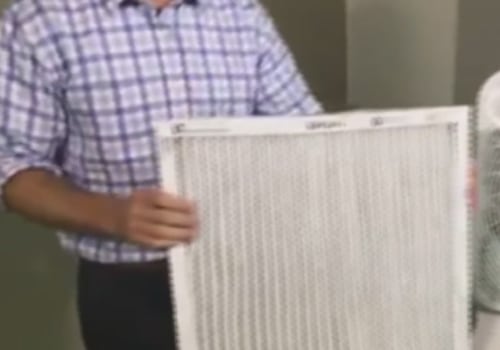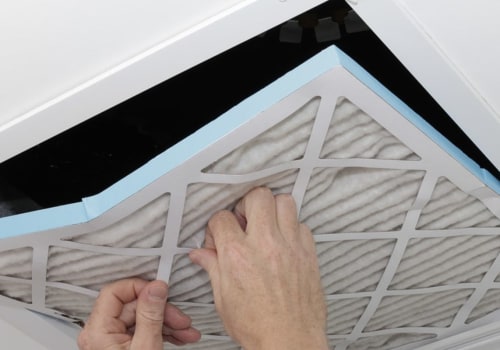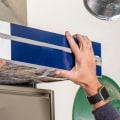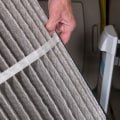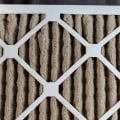Overall, the best MERV rating for a home is between 8 and 10. These filters will capture a large portion of the particles in the air and improve indoor air quality without significantly increasing energy costs. Generally, a MERV 11 air filter is suitable for residential use. In general, filters with ratings lower than 13 should provide effective air purification in a home without affecting airflow. On the other hand, air filters with ratings of 14 or higher are designed for commercial HVAC systems that can handle the coarsest filter material.
In general, our recommended MERV rating for oven filters ranges from 6 to 8 to achieve a great balance between maximum oven efficiency and home comfort. Generally, filters with higher MERV ratings are more effective and improve air quality, but they are also more expensive. Additionally, taller does not always mean better for homeowners. MERV ratings greater than 16 are usually used in specialized commercial environments where air filtration is essential, such as hospitals. It is essential to obtain filters with the correct MERV ratings to ensure that the air is well filtered without overloading the HVAC system.
You may think about using only air filters with the highest MERV rating since a high rating means more particles will be removed from the air. MERV, also known as the Minimum Efficiency Report Value, is a system used to evaluate the efficiency of an air filter based on its effectiveness in capturing particles of different sizes. In contrast, a high MERV rating indicates that the filter does a good job of removing particles from the air. Using an air filter with a lower MERV rating will not reduce your home's air quality since it still captures most of the particles in the air. Nor will it put additional pressure on your oven, since the mesh of the material is not as dense as a higher MERV rating.
The MERV rating is there to tell you how efficient the air filter is at filtering particles of certain sizes. The best MERV rating for your home will depend on what you want to filter and the amount of airflow your HVAC system needs to operate. A MERV rating will let you know how many particles can escape through the filter and how efficiently the airflow can move through your system. For example, if an air filter can capture at least 20% of E1 particles, 65% of E2 and 85% of E3 particles, it will obtain a MERV 11 rating. Filters that are MERV 16 to 20 are generally only found in hospitals, cleanrooms, and nuclear power plants.
